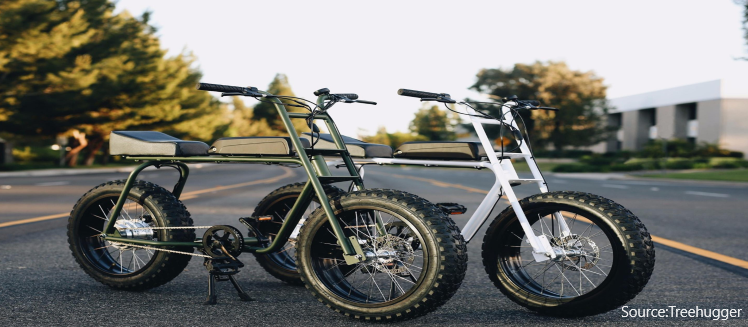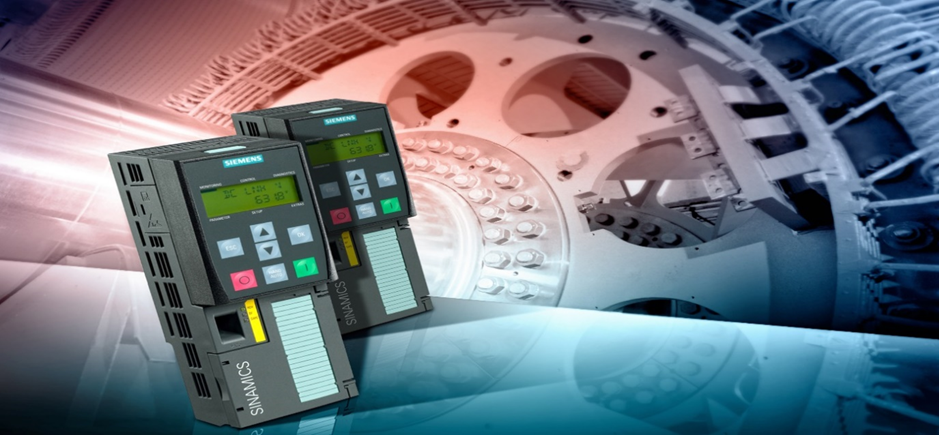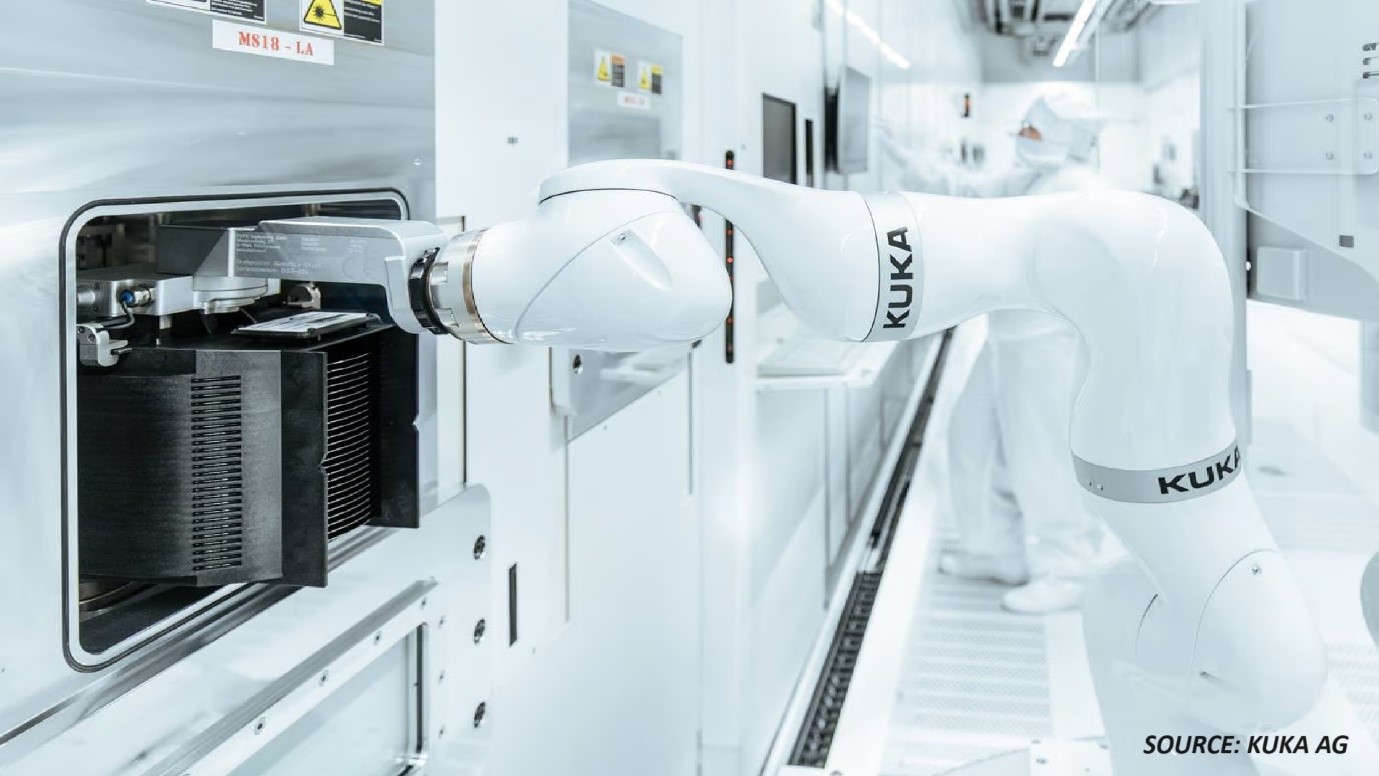Latest Trends and Innovations Shaping the Electric Bike Industry
04-Jun-2024

Introduction
An electric bike, commonly referred to as an e-bike, incorporates an integrated electric motor to aid propulsion. Rechargeable batteries power these motors, which can be conveniently charged using a standard electrical outlet. E-bikes offer a sustainable and effective mode of transportation by blending the advantages of traditional cycling with electric assistance. They are available in a variety of styles and configurations, including city, mountain, and cargo bikes. They cater to diverse preferences and requirements.
In the electric bike industry, innovation serves as the catalyst for a notable transformation in transportation. Recent advancements have not only elevated the performance and efficiency of e-bikes but also bolstered their sustainability. Due to light and potent batteries and advanced motor technology, e-bikes are revolutionizing urban mobility. They entice a growing number of individuals to adopt eco-friendly transportation alternatives. As the industry evolves, there will be continuous innovations that will shape the future of electric biking and promote a more sustainable and efficient transportation environment.
Improved Battery Technology: Battery technology has been a driving force behind the evolution of electric bikes, revolutionizing the way riders interact with these eco-friendly vehicles. Advancements in battery technology have resulted in lighter, more powerful, and longer-lasting batteries. They are fundamentally transforming the electric biking experience. This progress has been particularly evident in recent years, with manufacturers pushing the boundaries of innovation to meet the demands of an increasingly discerning market.
For instance, in December 2023, China-based TAILG made waves in the electric bike industry by unveiling its groundbreaking sodium-ion battery technology. This breakthrough represents a significant leap forward in battery innovation, promising to elevate the performance and capabilities of electric bikes to new heights. TAILG's sodium-ion batteries are poised to revolutionize the industry, offering enhanced energy density, faster charging times, and improved durability compared to traditional lithium-ion batteries.
The introduction of sodium-ion batteries in TAILG's luxury e-bikes marks a watershed moment for the electric bike market. As the first of its kind to feature this cutting-edge technology, these e-bikes are set to redefine industry standards and set a new benchmark for performance and efficiency. While initially available in China, the global implications of this innovation are profound. This shows a paradigm shift in the way electric vehicles are powered worldwide.
Integration of Smart Features: The integration of smart features is transforming the landscape of electric bikes. It offers riders a more connected and personalized riding experience. Electric bikes are now equipped with a range of intelligent features, including GPS tracking, smartphone connectivity, and integrated sensors for performance monitoring. These innovations enhance the user experience and provide valuable insights to optimize rides and track fitness goals.
For instance, Royal Dutch Gazelle took a pioneering step in this direction with the launch of their Gazelle Eclipse series. The Gazelle Eclipse T11 HMB and Eclipse C380 HMB models are equipped with cutting-edge smart features designed to elevate the riding experience to new heights. A standout feature of these bikes is the built-in GPS tracker, which provides riders with peace of mind by allowing them to locate their bike in the event of theft or loss.
The incorporation of GPS tracking technology represents a significant advancement for electric bike riders, providing an additional level of security and convenience. With the ability to track the location of their bike in real time, riders can rest assured that their investment is protected, even in the face of potential theft. This feature not only enhances security but also provides riders with greater freedom and flexibility to explore new routes and destinations with confidence.
Folding and Portable Designs: The rise of folding electric bikes has transformed urban commuting, offering a convenient and eco-friendly solution for navigating city streets. Manufacturers responded to this growing demand by focusing on creating electric bikes with compact and foldable designs that maintain high performance and long battery life. The U.K.-based Gocycle emerged as a leader in this space. It unveiled its latest generation of foldable electric bikes, the G4 range.
The G4 range represents a significant leap forward in folding electric bike technology, promising improved performance, reduced noise, and a lighter design. These advancements are particularly notable in urban environments, in which riders value agility, versatility, and ease of transportation. With the ability to fold up in just 10 seconds, the G4 electric bike offers unparalleled convenience. It enables riders to seamlessly transition between riding and public transport without missing a beat.
One of the key highlights of the G4 range is its enhanced performance capabilities. Despite its compact size, these electric bikes deliver powerful performance. This makes them ideal for navigating busy city streets and tackling challenging terrain. Whether climbing steep hills or cruising along flat roads, riders can enjoy a smooth and exhilarating ride with the G4 electric bike.
Enhanced Safety Features: The safety of electric bike riders is paramount, and manufacturers are continuously innovating to integrate advanced safety features into their products. With a focus on enhancing rider safety on the road, manufacturers such as Shimano and Bosch announced groundbreaking advancements in safety technology for e-bikes.
Shimano, in collaboration with long-time ABS developer Blubrake of Italy, introduced a new anti-lock brake system (ABS) designed specifically for e-bikes. This innovative system represents a significant leap forward in safety technology, offering riders enhanced control and stability while braking, especially in challenging road conditions. By preventing wheel lock-up and skidding, the ABS system reduces the risk of accidents and improves overall safety for e-bike riders.
In addition to anti-lock brake systems, manufacturers are incorporating other safety features into electric bikes to enhance rider protection and visibility. Integrated lighting systems, for example, improve visibility in low-light conditions. This system makes it easier for riders to see and be seen by other road users. This not only reduces the risk of collisions but also enhances overall safety during night-time or inclement weather riding.
Conclusion
Thus, the electric bike industry is undergoing a remarkable transformation, fueled by innovation. Recent advancements in battery technology significantly enhanced the performance, efficiency, and sustainability of e-bikes. This marks a profound shift in urban mobility. The integration of smart features and the development of folding and portable designs further revolutionized the riding experience, offering convenience, connectivity, and safety to riders worldwide.
According to Next Move Strategy Consulting, the electric bike market size was valued at USD 55.55 billion in 2023, and is predicted to reach USD 109.63 billion by 2030, with a CAGR of 10.2% from 2024 to 2030. As manufacturers continue to push the boundaries of innovation, the future of electric biking promises even greater advancements that will shape a more sustainable and efficient transportation landscape for generations to come.
About the Author
Sikha Haritwal is a researcher with more than 3 years of experience. She has been keeping a close eye on several industry verticals, including Banking, Financial Services, and Insurance (BFSI), personal care products, and consumer electronics. She has avid interest in writing news articles and hopes to use blog as a platform to share her knowledge with others. When she is not following industry updates and trends, she spends her time reading, writing poetry, cooking, and photography. The author can be reached at sikha.haritwal@nextmsc.com
Add Comment
Related Blogs
India’s Growing EV Charging Infrastructure: A Detailed Look at Charge Point Operators in 2023
As India accelerates towards a sustainable and environmental...
Siemens, Emerson and Honeywell: Powerhouses in the Distributed I/O Market
The Global Distributed I/O Market, valued at USD 3.52 billio...
How Kawasaki and Daihen are Shaping the Future of Wafer Handling Robotics
The Wafer Handling Robots Market, estimated at USD 1.60 bill...











